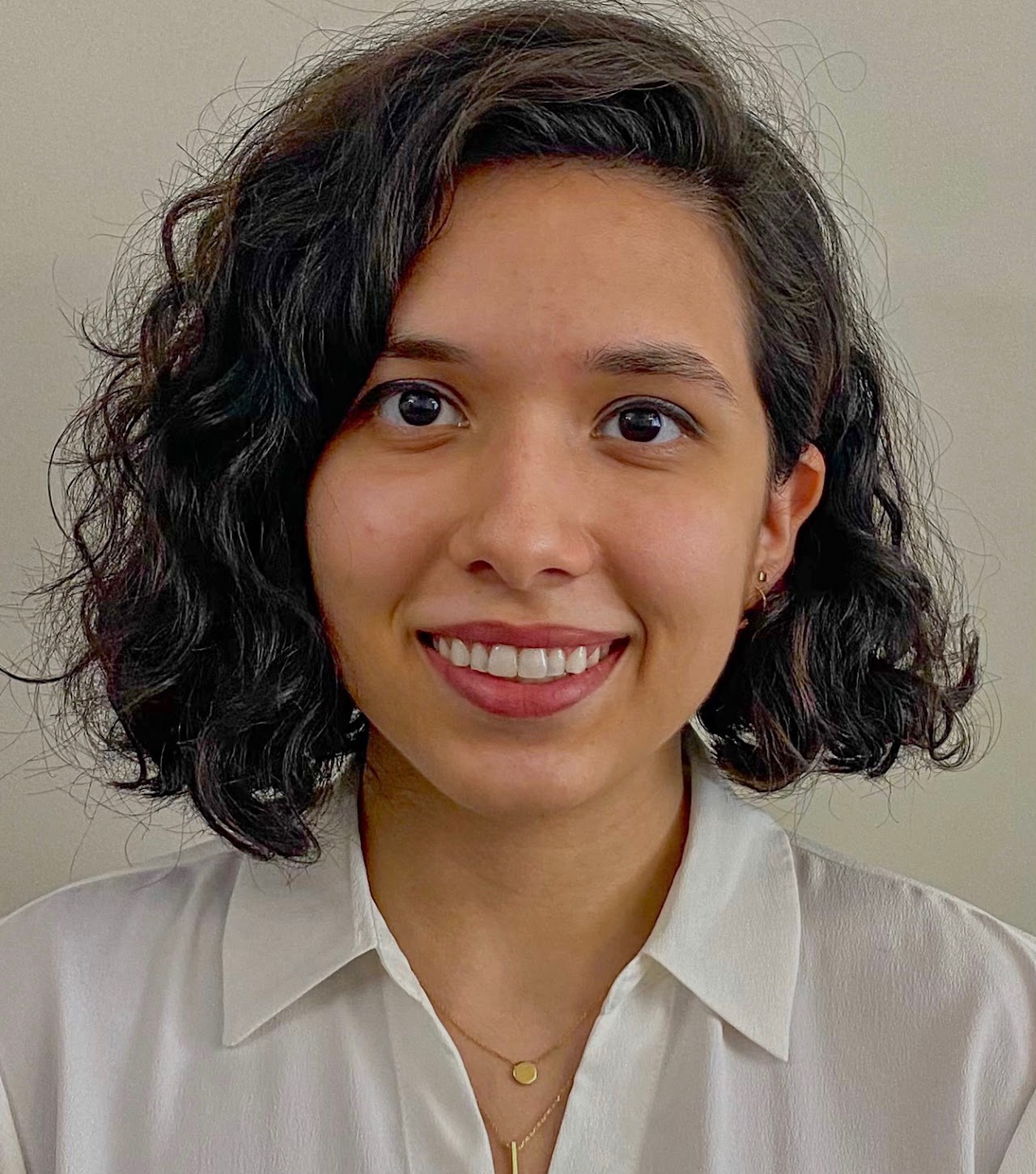
SMS Analytics Research:
Measuring and Analyzing SMS Fraud
Overview
Financial fraud, or the deliberate act of providing false information to deceive others for monetary gain, has become a common threat to online users. According to the FBI Internet Crime Complaint Center, US victims reported losses of $10.3 billion last year with over 5 million consumer fraud reports to the US Federal Trade Commission. Such scams affect everyone with a cell phone as they prey on trust, exploit vulnerabilities, and result not only in substantial financial loss, but also emotional distress for victims.
Our research project focuses particularly on interactive scams – those scams that involve multi-step conversational interaction between scammer and victim via mediums such as text message, chat groups and voice. These include the lion’s share of fraud types such as romance scams, investment scams (crypto and otherwise), tech support scams, employment scams, and advance fee-fraud scams.
Overall, the main objective of our research project is to
- Measure the amount of fraud occurring via SMS by collecting a dataset for quantifying the volume and duration of interactive scams, and
- Analyze the types of fraudulent messages received to understand the sophistication and capabilities of present day bad actors, especially regarding the use of AI tools.
Project Team
 |
Daniel Spokoyny,
PhD
Post-Doc Researcher dspokoyny@ucsd.edu |
 |
Nikolai
Vogler PhD Student nvogler@ucsd.edu |
 |
Sumanth
Rao PhD Student svrao@ucsd.edu |
 |
Yasaman
Jafari PhD Student yajafari@ucsd.edu |
 |
Geoffrey
Voelker, PhD Professor, Computer Science voelker@cs.ucsd.edu |
 |
Stefan
Savage, PhD Professor, Computer Science savage@cs.ucsd.edu |
 |
Taylor
Berg-Kirkpatrick, PhD Professor, Computer Science tberg@ucsd.edu |
Funding Awards
Our research is supported by the following funding awards:
 |
Google Trust and Safety Grant (2023) "Chatbots as Honeypots: Using LLMs to Understand Digital Fraudster Behavior" |
 |
National Security Innovation Network (NSIN) Cyber Innovators Challenge (2024) Winner, Persona and Influence Category |
Office Location
Department of Computer Science and Engineering
University of California, San Diego
9500 Gilman Drive, Mail Code 0404,
La Jolla, CA 92093-0404